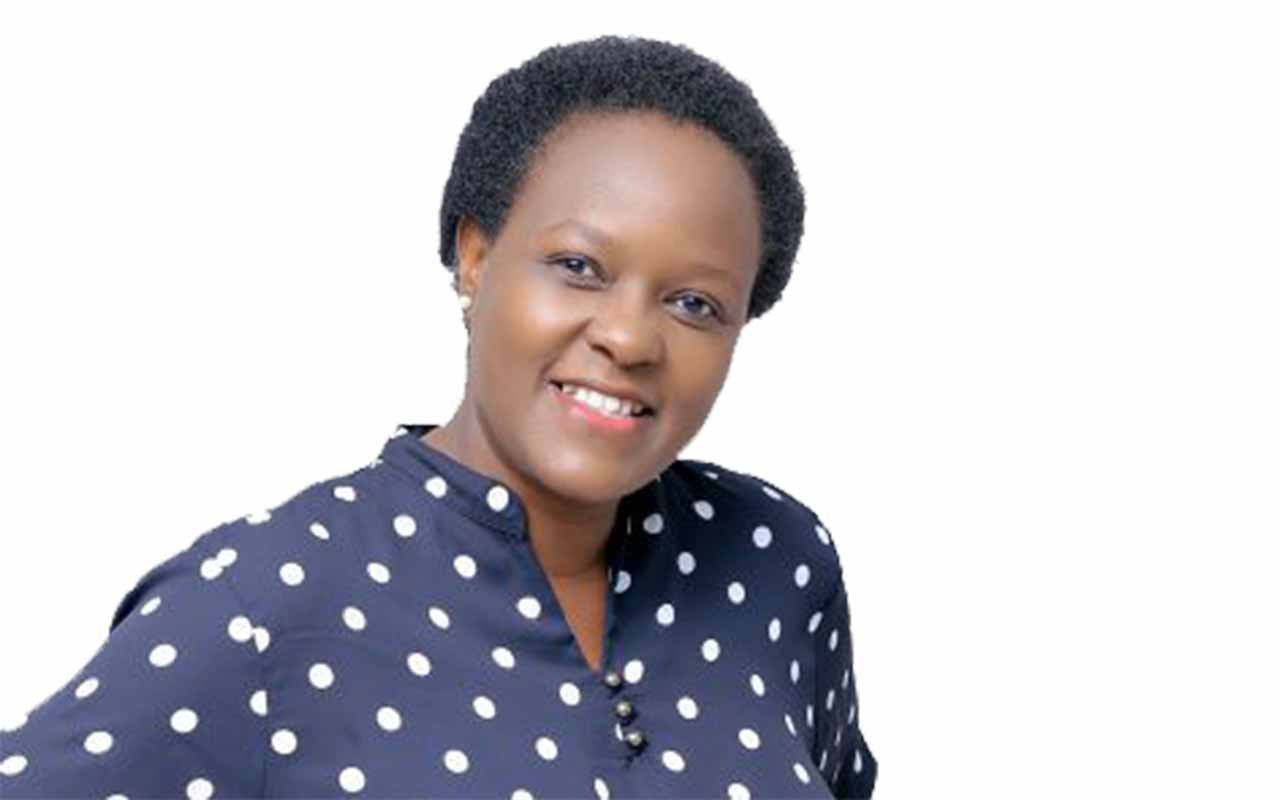A tale of two crises: 1966 and 2020
What you need to know:
- Crisis. The coronavirus crisis appears to have caught Uganda’s ruling class with their pants down. The crisis has exposed the incompetence, greed, dishonesty, mediocrity and insatiable appetite for money of the ruling class.
The ongoing Covid-19 pandemic reminds me of the 1966 Crisis which rocked the foundations of post-colonial Uganda so severely that our beloved country has in some respects not yet recovered from its disruptive and traumatic effects.
As argued in my Sunday Monitor opinion of April 12,
The 1966 Crisis was, in comparison, a serious political crisis, but the management of the two events by Uganda’s political leaders brings out some important lessons. For this opinion, I have benefited from a fascinating book published in 2015, titled, Reflections on the 1966 Political Crisis, by my friend and fellow UPC member, Joseph Bossa (RIP).
Like Bossa, I was a student in 1966. I was in S6 at Busoga College Mwiri. We were old enough to understand the political implications of the crisis. Bossa observes in the preface to his book that, “On May 24, 1966, I was a student at Namilyango College. I felt in my bones that something momentous was going on. I could not have guessed that because of what I was hearing and seeing then, future students of Ugandan history would write of ‘the before’ and ‘the after’ 1966 epochs.”
I believe the same will be said in future of the coronavirus pandemic, which is devastating many countries in the world such as Italy, Spain, France, USA and China where it all started.
In 1966, the prime minister and head of government was Milton Obote, while Edward Muteesa was president and ceremonial head of state. I remember Obote used to address the nation regularly, especially on Thursday or Friday nights and his address was broadcast live on Uganda Television (UTV) and Radio Uganda.
His style was formal and statesman-like which contrasts sharply with the casual style which appears to be in vogue today. Obote preferred written and well-prepared speeches. He was articulate, eloquent and impressive, unlike many of his successors.
Our British teachers would invite A-Level students to watch the prime minister’s speeches. I watched at the residence of Mr Plumptree, housemaster of Wilson House or Mr Sparkes, housemaster of Brewer House.
Whether one agreed with him or not, Obote was always thorough and well informed, his arguments were convincing, credible, logical and believable. One could easily give him benefit of the doubt. I am not sure whether the same can be said of contemporary Ugandan leaders.
Bossa puts the 1966 Crisis in historical perspective and writes: “The 1966 Crisis is the bogeyman some people batter UPC over the head with politically. If the whole truth about it were known, they would lose their political tool. They are afraid of the truth.”
Compared to leaders from our region, such as leaders of Kenya and Ethiopia, the performance of Ugandan leaders at this critical time is frankly lacklustre and leaves a lot to be desired. A friend who watched one the addresses was so unimpressed that he reserved his comments.
The coronavirus crisis appears to have caught Uganda’s ruling class with their pants down. The crisis has exposed the incompetence, greed, dishonesty, mediocrity and insatiable appetite for money of the ruling class. Most of the messages they have tried to convey to Ugandans about the pandemic are contradictory, not well-thought-out and unconvincing. One gets the impression that their primary objective is to hoodwink Parliament to appropriate colossal amounts of money to allegedly deal with another emergency. You can guess what their real motives are. It’s mindboggling, shameful and unbecoming.
Ugandans were recently stunned when MPs were informed that, in collaboration with an American professor of pharmacy, Uganda would soon manufacture and export to the rest of the world medication to cure Covid-19, although we have since been told that it is a disinfectant that kills the coronavirus. I am glad Dr Richard Idro, the president of Uganda Medical Association, dismissed the assertion with the contempt it deserves. I would, however, like to give credit to the minister of Health, Dr Jane Aceng, for a job well done.
How low must Uganda sink into the abyss of moral decadence? It’s a question which bothers all patriotic and progressive citizens. One lesson which Ugandans must learn from Covid-19 crisis is the need to identify and groom good, enlightened and selfless leaders to serve the people at all levels, especially at national level.
At difficult and trying times, such as 1966 and 2020, the primary role of a good leader is to console, give hope, unite and rally citizens to pull together for the common good, not to threaten, deceive and insult wananchi using crude, violent and vulgar language. Uganda deserves a lot better.
Mr Acemah is a political scientist and retired career diplomat.
[email protected]




